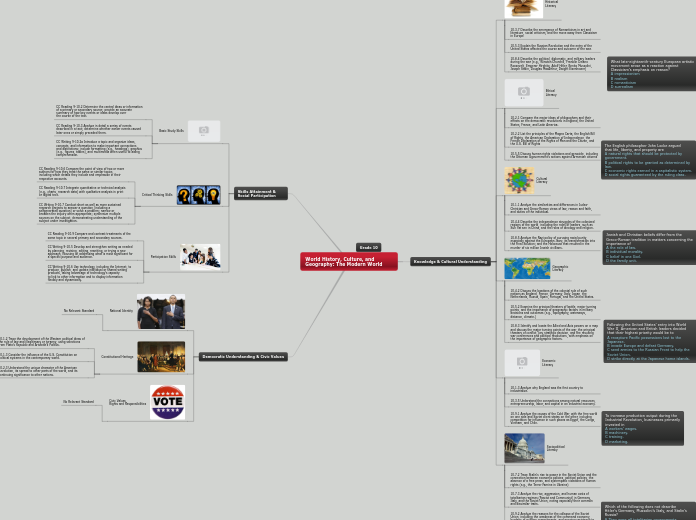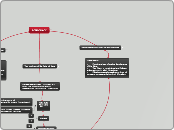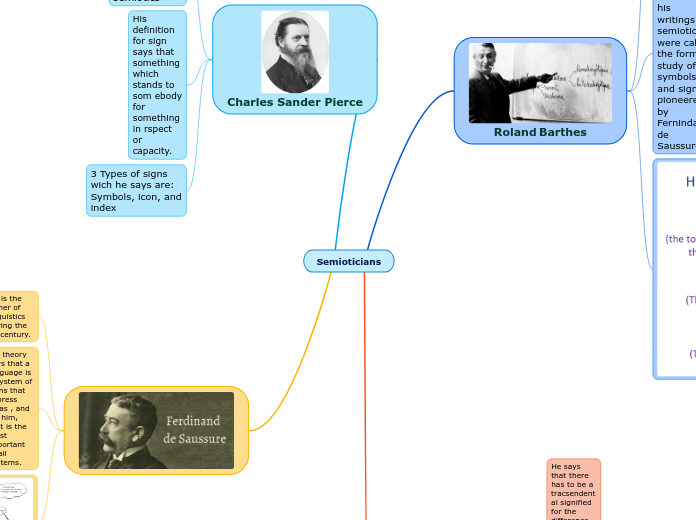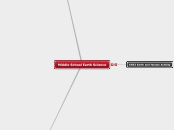realizată de Joshua Chung 11 ani în urmă
812
World History, Culture, and Geography: The Modern World
The text addresses the pivotal changes and ideologies that have shaped modern history and governance. It highlights the Industrial Revolution's focus on machinery to boost production, contrasting religious beliefs with Greco-Roman traditions in terms of law and morality.









